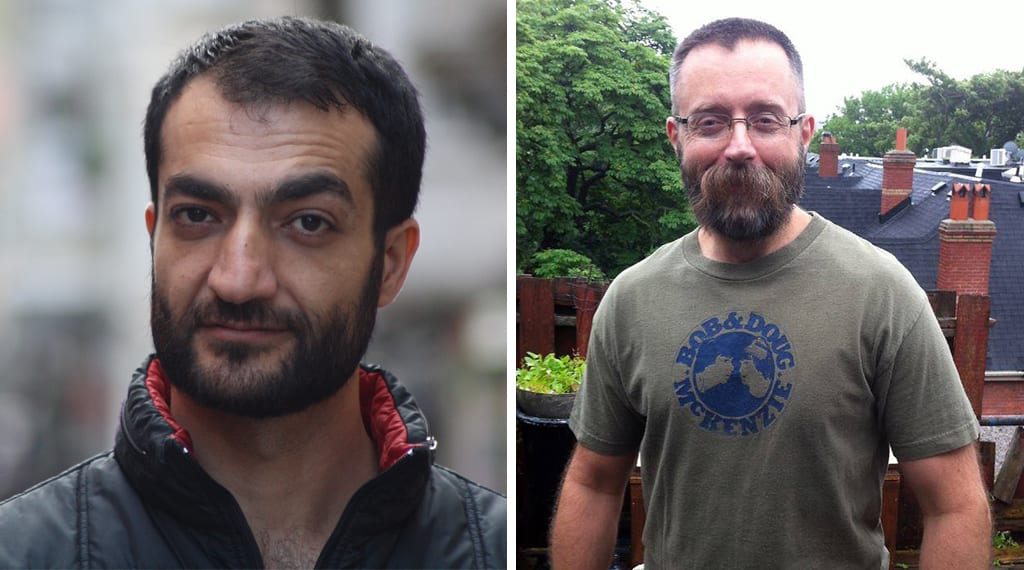Months after Selim Esen and Andrew Kinsman went missing, Toronto police still don’t know what happened to either man.
Toronto police have extended their dedicated task force investigating the missing men for another 60 days. They are treating both disappearances as suspicious.
Esen, 44, was last seen on April 14, 2017, near his St James Town apartment, while Kinsman, 49, hasn’t been seen since June 26, 2017, when he was returning to his Cabbagetown home. There’s no evidence that the two men are connected in any way.
Toronto police say they have interviewed over two dozen people during the course of their investigation and have followed up on 150 leads.
Esen, who came to Canada from Turkey three years ago, had just completed a week-long peer counselling course at St Stephen’s Community House in Toronto a month before he was last seen.
Kinsman, who worked and volunteered in HIV/AIDS outreach, is a well-known member of Toronto’s downtown LGBT community.
Toronto’s LGBT community has become increasingly concerned about the disappearances, with many people linking them to three other men who went missing between 2010 and 2012.
While all five men are similar in appearance, no evidence has come forth that indicates any of their disappearances are related.
Toronto police have set up a dedicated tip line at 416-808-2021.
Legacy: January 11, 2018 12:01 pmAn earlier version of this story featured a different photo of Selim Esen in the landing image.

 Why you can trust Xtra
Why you can trust Xtra


